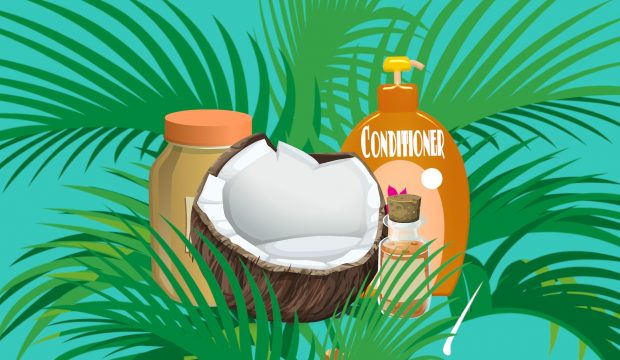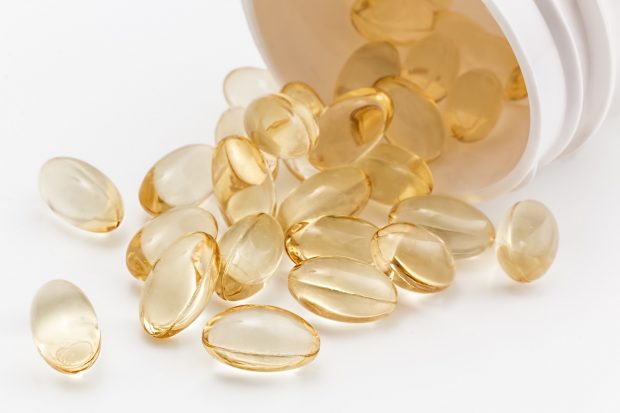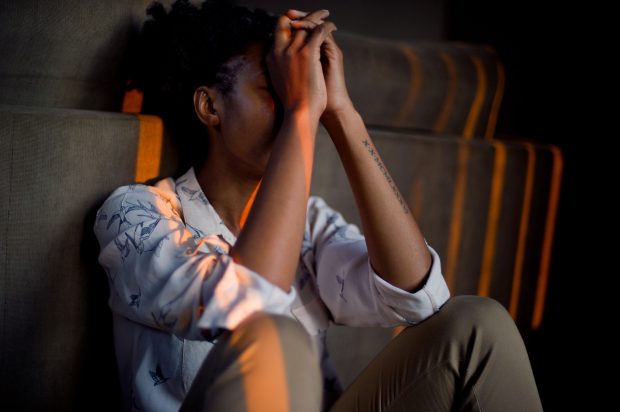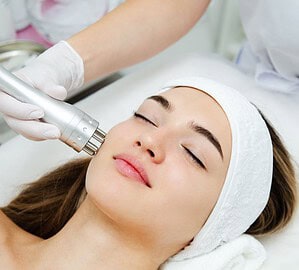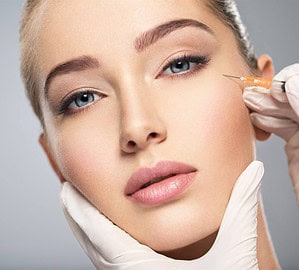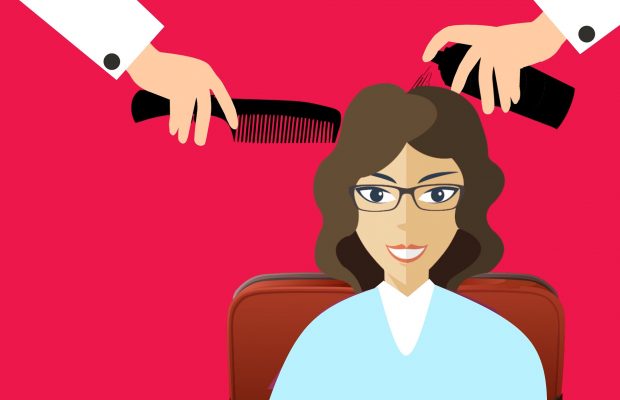
Ironically, we have seen our hair more than we have seen anything else. Everywhere we go, we see hair. Hair on the sink, hair on the comb, hair on every-single-clothing-item-we-own. Ugh! Irritating! At some point, we might have even thought of going bald before getting a date. If you relate to us, then read on to resolve your problem. Hair loss is a significant struggle people go through. Gone are those days when we used to hear only older people had hair fall. Now people of all ages face this issue. Luckily, there are some ways to handle this problem. But first, let’s discuss its reasons.
Why does hair fall out?
Your hair passes through a cycle of life that includes growth, rest, and shedding. It’s a part of keeping the process of change going, shedding, and growing new hair.
Some shedding is essential and may result from diet changes, particular medicines, or changes in lifestyles. Other hair loss may be more permanent or may not stop until the fundamental issue is solved. At around 40 years of age, roughly half of men will develop hair loss from androgenic alopecia due to inherited issues. More than half of the women will also experience genetic hair loss before the age of 70.
More reasons why people undergo hair loss include:
Medical conditions – scalp infections, alopecia areata, or trichotillomania
Hormonal changes from pregnancy, childbirth, menopause, or thyroid issues
Medications or supplements that are used for cancer, high blood pressure, and depression.
Treatments that involve radiation.
Stress.
Styling practices like wearing tight ponytails or cornrows.
No matter what problems are causing your precious hair to fall, we are here to show you what you can do to slow down your hair loss. Let’s get to it!
1. Seek help as soon as you notice a change
Before going for any treatments and medications, consult a doctor. There are many reasons due to which hair loss occurs, but some may occur because of underlying problems that need a proper diagnosis. Speaking to a doctor can help you see the main root of the problem and work to treat it in the right way. It is also the easiest way to slow down hair loss as you can follow the doctor’s advice and tackle the problem as soon as you can. Reaching out to a professional is vital in such situations as they can better understand and resolve our problem.
However, if you still find that your hair loss does not stop, other reasons might be creating a hindrance in your journey to have smooth, silky hair.
2. Healthy Hair Begins With A Healthy Scalp
The scalp is the skin for your head. You should take care of the scalp just like you care for your facial skin. We all have been guilty of thinking our hair can nourish itself, but that’s not the case. Think of it this way. If the soil around your newly planted seed is dirty, would it have a healthy growth? Of course, not! The same goes for your scalp. The buildup of environmental debris, dead skin, and oil can hamper hair growth. Choose a shampoo and conditioner that is sulfate and paraben-free, and massage your scalp with it at least twice every week. We recommend using Revita Shampoo for Hair Loss; it’s one of the options free of harsh chemicals and gently works on your scalp. Feel free to do your research, though.
Massaging your scalp will help stimulate blood circulation and promote oxygen, stimulating hair growth. Massaging your scalp helps to de-stress you as well! After showing, apply hair serums to add maximum benefits to your scalp. Lastly, before you step out in the sun, make sure to wear a cap or heat-resistant sprays to protect your scalp from harmful UV rays!
3. Eat a strand-strengthening diet

Before we get into the details of a diet that stimulates your hair growth, let’s understand some facts. First, your hair is composed of a protein called Keratin. Hence, you need enough protein to aid in hair growth. Second, like your skin sheds itself every day, some of our hair falls too. So it is normal to see some hair shedding.
Now that we understand how it works, let’s discuss getting a good diet. The way you eat reflects on your health. So, it is vital to resolve the problems within before getting to the exterior.
Some protein sources are chicken, fish, lentils, chickpeas, yogurt, and milk products. If you are vegan, you can swap the meat with tofu and tempeh. Having a protein source every day is vital for your hair growth.
Apart from protein, you also need to make sure you are getting enough antioxidants! These antioxidants contain beta carotene, an essential element that helps fight dullness in your hair. Some of the sources are pumpkins, carrots, spinach, and mangoes.
Another nutrient that your hair craves is fatty acids. These act as humectants and trap moisture to make sure your scalp doesn’t dry out. Some of the sources can be butter, cod liver oil, nuts, and fish. With that, consuming iron is essential too. Iron is found in almost every food group (except for milk), but some iron-rich ones include apples, beef, bananas, green vegetables, etc.
4. Supplement Your Diet
You can add supplements to your diet to tackle hair loss problems faster. One of the popular choices is biotin. It is one of the critical supplements most experts recommend. Viviscal and Nutrafol also help to stop hair loss problems. Viviscal helps promote hair growth, giving us healthy, thick, and strong hair, and Nutrafol is a vitamin that helps to reduce inflammation. Taking supplements isn’t necessary if you are experiencing mild hair loss. But it helps those who need immediate help.
5. Minimize stress
Stress is one of the significant factors in hair loss: stress can cause the hair to stop growing and result in too much hair loss. The body’s immune system destroys the hair follicles, causing hair loss and provoking autoimmune responses. The hormones released by our bodies when stressed interrupt the growth cycle of our hair. Due to this disturbance, the hair enters a long period of rest, slowing its growth. Dealing with stress varies from person to person. There is no exact way of tackling this problem. But eating healthy, exercising, doing the things you like, reading, and resting are some of the ways you can control your stress levels. Don’t be shy to take therapy as well and avoid smoking and drinking. Most hair loss symptoms can come from these problems. Taking care of your mental health will work wonders for your hair!
6. Cut the bad habits
Bad habits affect everything in your life, including your hair. We can’t always manage our stress levels due to life’s unpredictable routine, but we can control our habits. Habits like drinking, smoking, not getting enough sleep, shampooing too much or too little can lead to significant hair loss. Remember to rinse your hair to get rid of buildup and condition your hair with oils to avoid your scalp being dry.
Pay attention to your eating habits as well. A poor diet impairs hair growth. Avoid the junk, eat leafy greens, and amazing hair is right on the way!
7. Style Gently
Our hairstyle changes our entire look, which is why we tend to go all out for the perfect hair.
But aren’t we compromising the health of our hair for the sake of style? Certain hairstyles that involve pulling on the roots, like ponytails, aren’t good for the hair. The roots get weak and break down, causing hair to fall.
Similarly, applying too much heat, treatments, and dyes can also mess up your hair. Avoid drying your hair using heat, and let the air do its thing. Ditch the chemicals and look for organic dyes if you want to color your hair. Use heat-protecting sprays before applying heat. Do not put on too much hair gel.
Final Thoughts
Those were some important things to learn! If you made it here, congratulations. Healthy hair is just a few steps away. However, please consult a dermatologist every step of the way to track your progress. Add these tips to your routine, and you will be able to slow down your hair loss.

